Google’s AI model helps detect and diagnose early signs of diabetic retinopathy, supporting doctors in delivering prompt treatment. So far, it has been deployed in clinics worldwide, and used in over 600,000 screenings, with significant early research and testing carried out in India read more
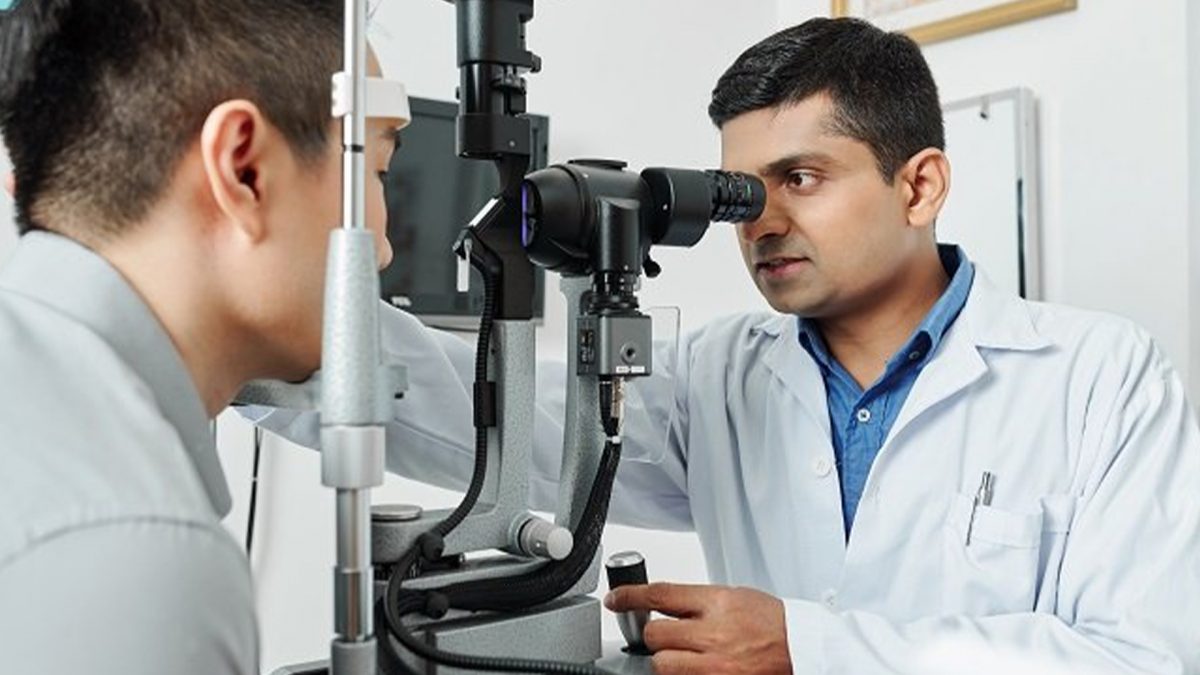)
The initiative builds on nearly a decade of collaboration between Google Research and hospitals such as Aravind Eye Hospital in India. File Image
Google is stepping up its healthcare initiatives by licensing its AI model for diabetic retinopathy detection to key health-tech partners in India and Thailand.
The partnerships, involving Forus Health and AuroLab in India, along with Perceptra in Thailand, aim to conduct approximately six million AI-powered screenings over the next decade. The screenings will be offered at no cost to patients in underserved communities, focusing on preventing avoidable blindness by enabling early detection and timely medical intervention.
Diabetic retinopathy, a leading cause of preventable blindness, often goes undiagnosed due to the lack of regular screenings and timely care. Google’s AI model helps bridge this gap by assisting healthcare providers in identifying the condition early, and supporting doctors in delivering prompt treatment.
So far, the technology has been deployed in clinics worldwide, contributing to over 600,000 screenings, with significant early research and testing carried out in India.
The initiative builds on nearly a decade of collaboration between Google Research and hospitals such as Aravind Eye Hospital in India and Rajavithi Hospital in Thailand. These partnerships began with a mission to explore how AI could tackle preventable blindness caused by conditions like diabetic retinopathy.
With a focus on helping doctors reach more patients, the AI model was developed to make screenings more accessible, especially for those in resource-constrained areas who struggle to access regular eye care.
As part of Google’s broader efforts to leverage AI for social good, the company is also collaborating with various Indian organisations to tackle unique local challenges across healthcare, agriculture, and sustainability.
Speaking at an event in Bangalore marking five years of Google’s research lab in India, Dr Manish Gupta, Research Director at Google DeepMind, expressed optimism about the transformative potential of AI. He highlighted the role of local partners and AI-led solutions in addressing significant societal issues, with healthcare being a key area of focus.
Sunny Virmani, Group Product Manager for Health AI Research at Google, emphasised the importance of these partnerships in driving change. From the initial screenings in Madurai, India, to the global rollout, the goal has remained the same: making advanced technology accessible to even the most remote communities.
By working closely with partners like Forus Health, AuroLab, and Perceptra, Google aims to eradicate preventable blindness by ensuring that early interventions reach those in need.
With this expanded effort, Google’s AI-powered health initiative is poised to make a meaningful impact, offering millions of people in India and Thailand a better chance at timely care and a brighter future.

 2 weeks ago
20
2 weeks ago
20
)
)
)
)
)
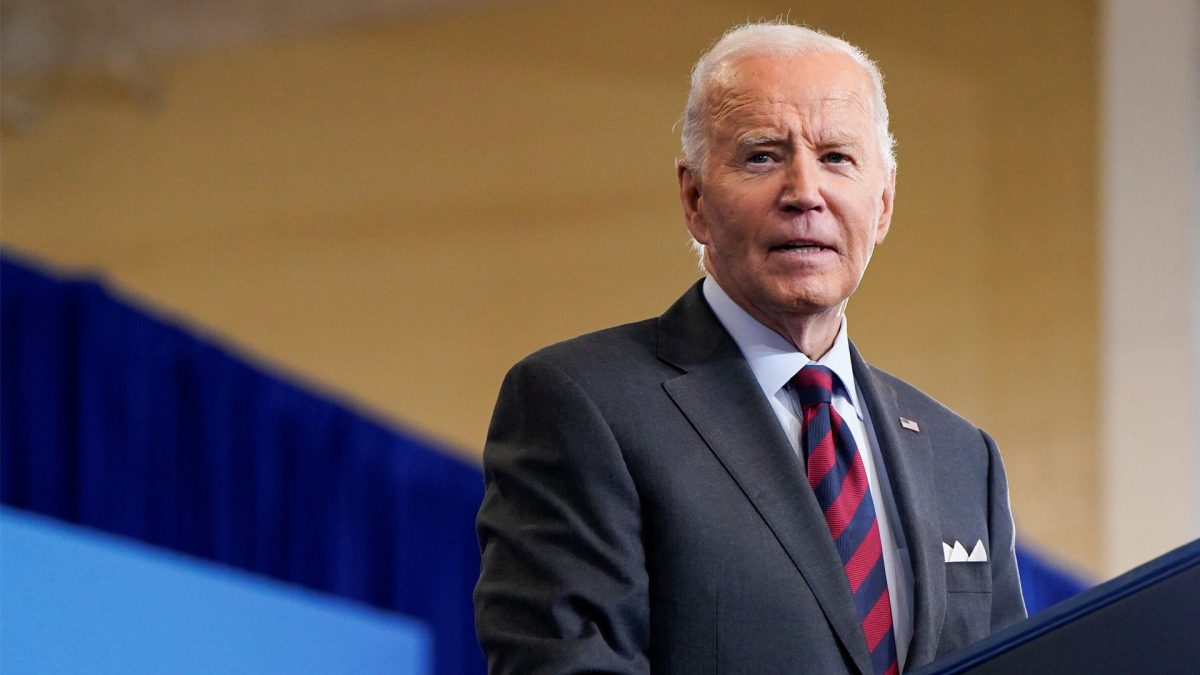)
)
)
)
)
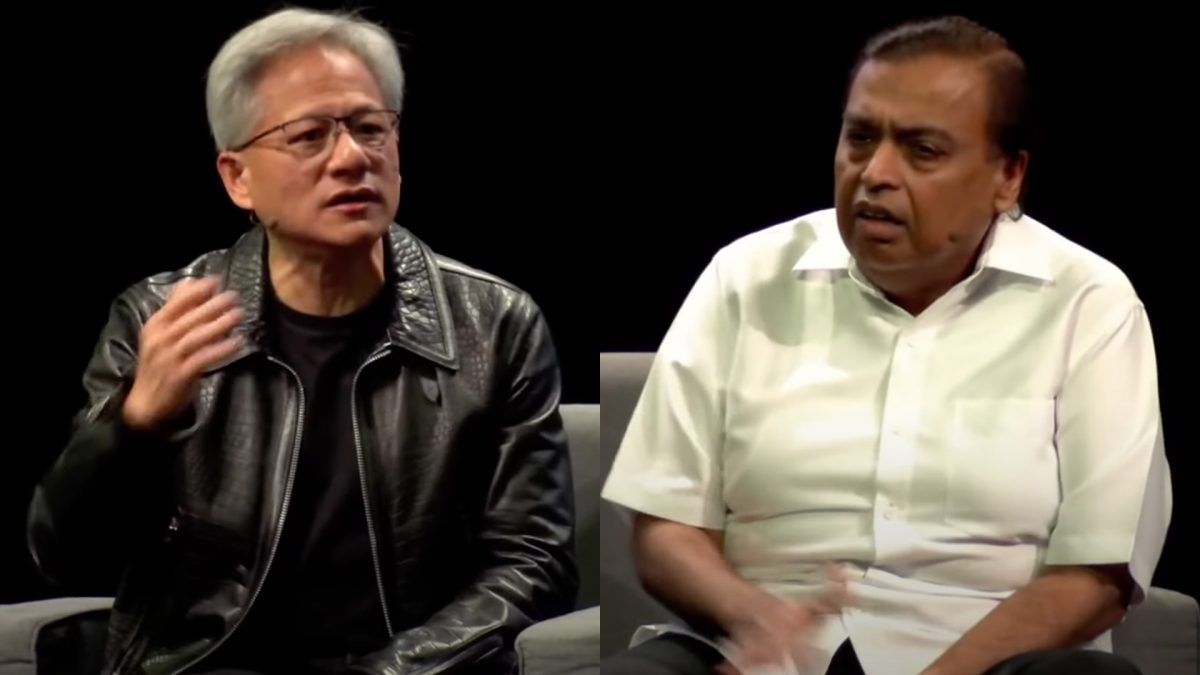)
)
)
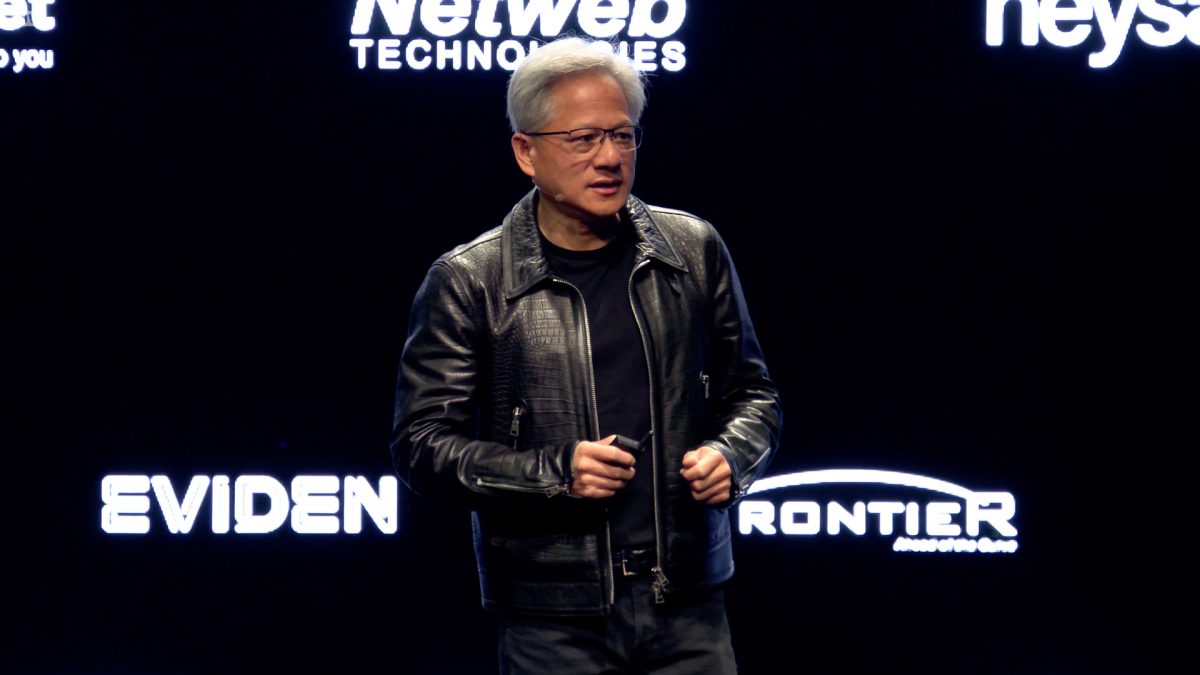)
)
)
)
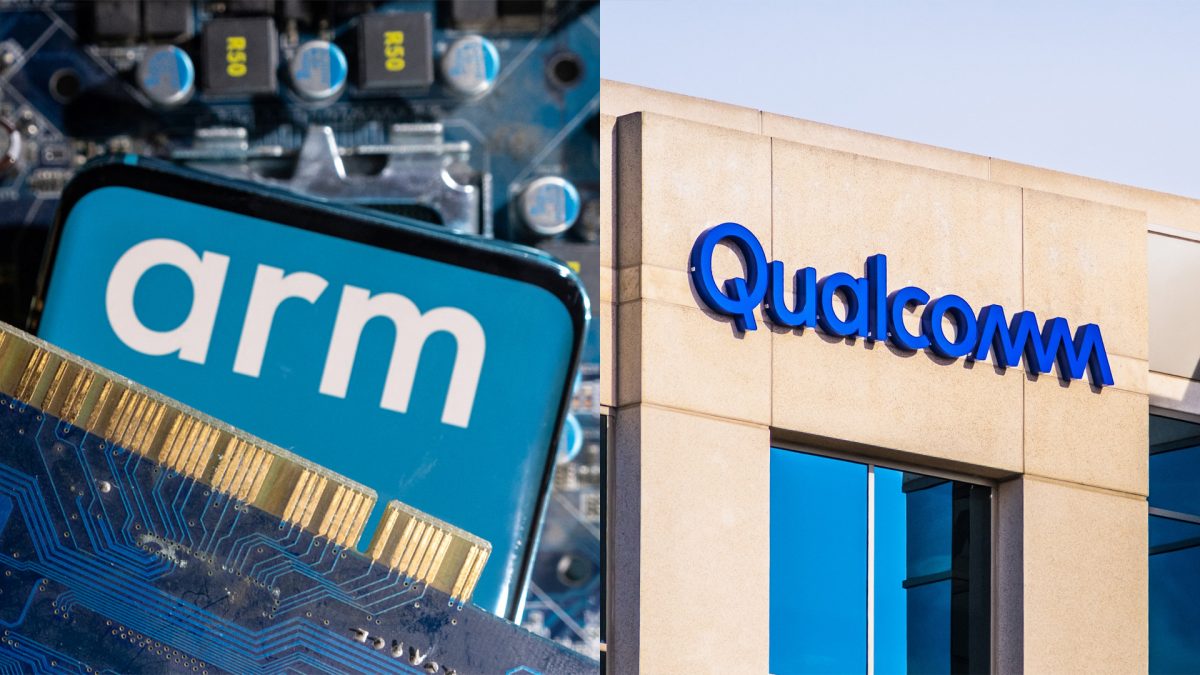)
)
)
)
)
)
)
)
 English (US) ·
English (US) ·